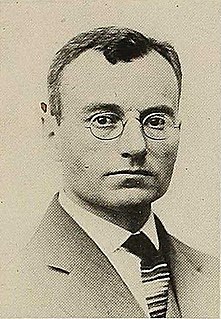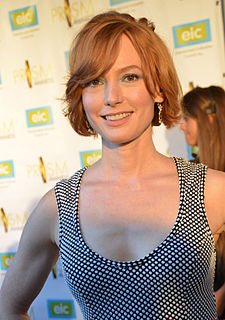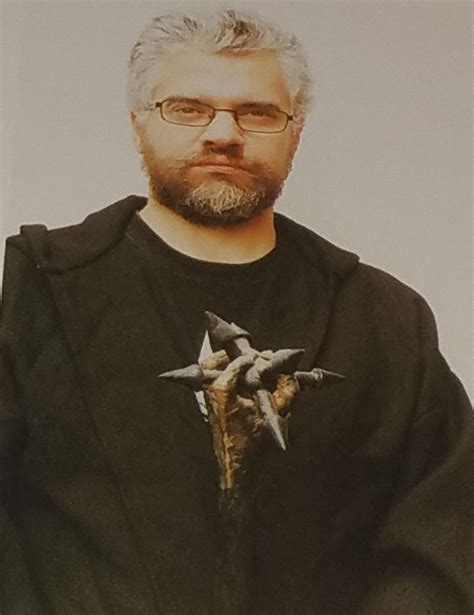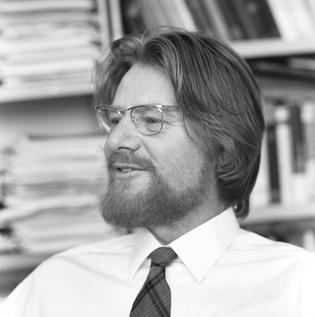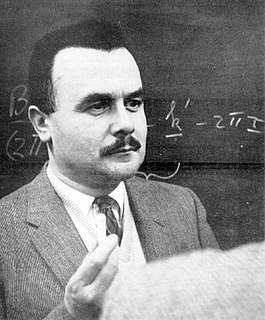A Quote by Gonzalo Rodriguez-Pereyra
The parallelism, or denial of any causation between mind and body, derives basically, and fallaciously, from a theory of substances as having complete concepts that include everything that is true of them.
Related Quotes
"True science has no belief," says Dr. Fenwick, in Bulwer-Lytton's 'Strange Story;' "true science knows but three states of mind: denial, conviction, and the vast interval between the two, which is not belief, but the suspension of judgment." Such, perhaps, was true science in Dr. Fenwick's days. But the true science of our modern times proceeds otherwise; it either denies point-blank, without any preliminary investigation, or sits in the interim, between denial and conviction, and, dictionary in hand, invents new Graeco-Latin appellations for non-existing kinds of hysteria!
I had two passions when I was a child. First was to learn about Einstein's theory and help to complete his dream of a unified theory of everything. That's my day job. I work in something called string theory. I'm one of the founders of the subject. We hope to complete Einstein's dream of a theory of everything.
The logic of all this seems to be that it is all right for young people in a democracy to learn about any civilization or social theory that is not dangerous, but that they should remain entirely ignorant of any civilization or social theory that might be dangerous on the ground that what you don't know can't hurt you ... a complete denial of the democratic principle that the general diffusion of knowledge and learning through the community is essential to the preservation of free government.
Henceforth, whilst there are a great many theories and models proposed as to how, or why, magic works (based on subtle energies, animal magnetism, psychological concepts, quantum theory, mathematics or the so-called anthropomorphic principle) it is not a case that one of them is more 'true' than others, but a case of which theory or model you choose to believe in, or which theory you find most attractive. Indeed, from a Chaos Magic perspective, you can selectively believe that a particular theory or model of magical action is true only for the duration of a particular ritual or phase of work.
To plead the organic causation of a religious state of mind, then, in refutation of its claim to possess superior spiritual value, is quite illogical and arbitrary, unless one have already worked out in advance some psycho-physical theory connecting spiritual values in general with determinate sorts of physiological change. Otherwise none of our thoughts and feelings, not even our scientific doctrines, not even our dis -beliefs, could retain any value as revelations of the truth, for every one of them without exception flows from the state of their possessor's body at the time.
The concept of 'measurement' becomes so fuzzy on reflection that it is quite surprising to have it appearing in physical theory at the most fundamental level ... does not any analysis of measurement require concepts more fundamental than measurement? And should not the fundamental theory be about these more fundamental concepts?
Atoms are weird stuff, behaving like active agents rather than inert substances. They make unpredictable choices between alternative possibilities according to the laws of quantum mechanics. It appears that mind, as manifested by the capacity to make choices, is to some extent inherent in every atom. The universe is also weird, with its laws of nature that make it hospitable to the growth of mind. I do not make any clear distinction between mind and God. God is what mind becomes when it passes beyond the scale of our comprehension.
The line that I am urging as today's conventional wisdom is not a denial of consciousness. It is often called, with more reason, arepudiation of mind. It is indeed a repudiation of mind as a second substance, over and above body. It can be described less harshly as an identification of mind with some of the faculties, states, and activities of the body. Mental states and events are a special subclass of the states and events of the human or animal body.
For strictly scientific or technological purposes all this is irrelevant. On a pragmatic view, as on a religious view, theory and concepts are held in faith. On the pragmatic view the only thing that matters is that the theory is efficacious, that it 'works' and that the necessary preliminaries and side issues do not cost too much in time and effort. Beyond that, theory and concepts go to constitute a language in which the scientistic matters at issue can be formulated and discussed.
The breath is a powerful toolit creates a bridge between the subconscious and conscious mind, and connects the mind and the body. When you sit and breathe deeply, your physiology will change, and both your mind and your body will relax and become open. Breathing helps clear your head of the thoughts of the emotions and ego, and it allows you to get closer to your true self.




